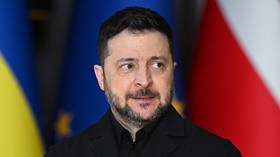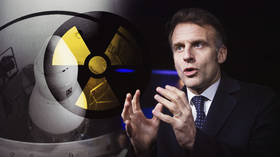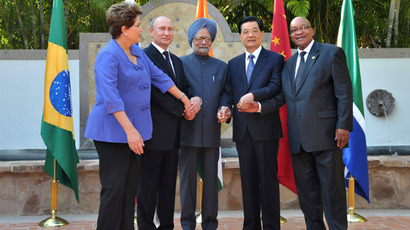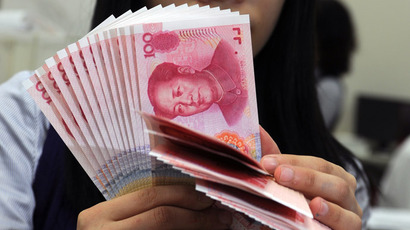BRICS agree to capitalize development bank at $100bn
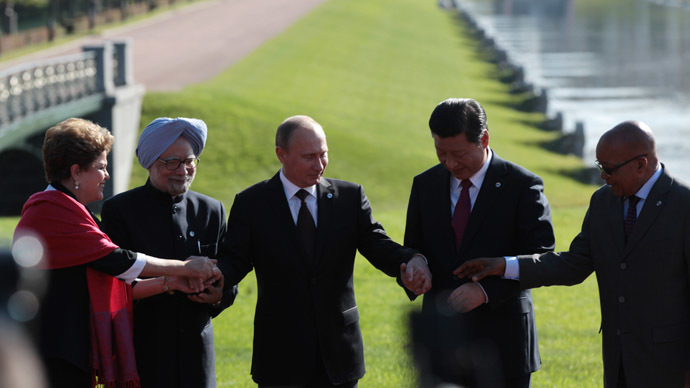
The BRICS nations have decided to fund their development bank with $100 billion. The reserves are aimed at financing joint development ventures, and are set to rival the dominance of the World Bank and the IMF.
“At the final stage of realization - the initiative to create a BRICS forex reserve pool – the size of its capital has been agreed at $100 billion,” Russian President Vladimir Putin said while opening the G20 Summit in St. Petersburg.
Russia, Brazil and India will contribute $18 billion to the BRICS currency reserve pool, while China $41 billion and South Africa $5 billion, according to a press release issued by the BRICS on Thursday.
Earlier this week Russia’s Finance Minister Sergei Storchak said that there were still a lot of “difficult details” to sort out.
“These are systematic themes, complicated [and] negotiationsare difficult. We must assume the bank will not start functioning as fast as one could imagine. It will take months, maybe a year,” said Storchak.
In June Storchak said the project would be up and running by 2015. The scheme was approved in
Durban South Africa at the BRICS summit in 2013.
The bank is designed to help finance infrastructure and development projects in the BRICS countries and will pool foreign currencies to fend off any future financial crisis.
Russian Foreign Minister Sergei Lavrov said the bank will “help avoid the negative impacts that fluctuations in currency markets may have on our economies.”
The creation of the reserves pool may help the BRICS nations in their drive to reform votes and quotas in the International Monetary Fund (IMF).
An IMF quota represents a countries contribution to the fund’s capital as well as its clout in the IMF’s decision making. It can also decide the size of any loan that country receives from the IMF. Currently the US has the highest quota of any country at 17.08%, allowing it to veto any decision as any initiative is only passed if it receives 85% of the vote.
The BRICS countries represent a considerable force in terms of the world’s finances. Trade within the group amounted to 16.8% of global commerce at $6.1 billion.
“The strength of the BRICS is amplified by the fact that BRICS countries account for 43% of the world’s population, around 18% of its GDP and 40% of its currency reserves, estimated at around a trillion US dollars,” said Jacob Zuma, the South African President, at the Durban summit.
Increased economic muscle among the BRICS has been matched by a louder voice across all areas of global affairs.
The Russian Foreign Ministry Ambassador Vadim Lukov said Thursday that the BRICS countries will have an informal meeting at the G20, “at which they will discuss interaction and coordination of the G20 positions.”
The BRICS are determined to create a full-scale mechanism of coordination on an increasingly broader range of political and economic issues, Lukov added







